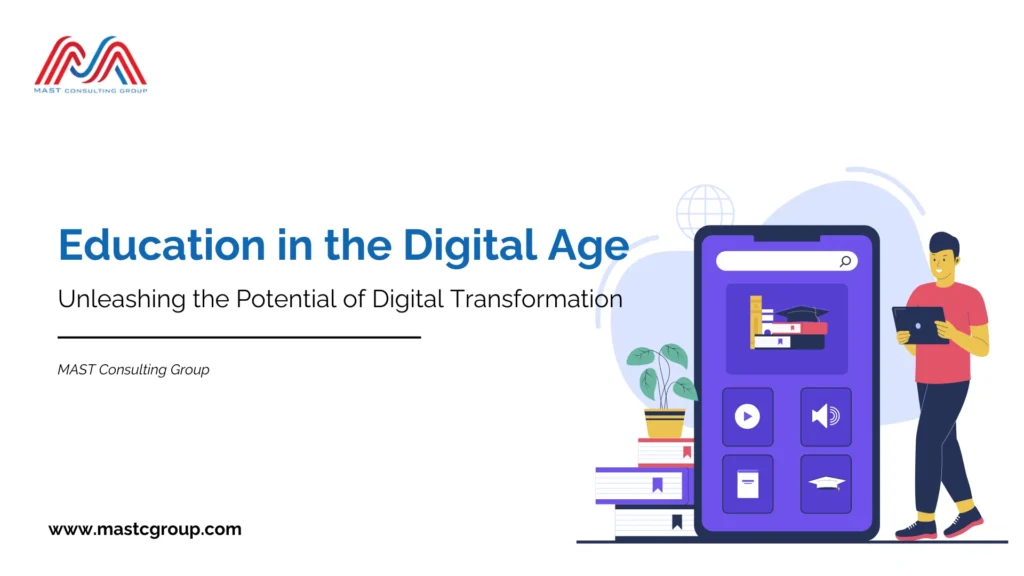
The classroom of yesterday, filled with rows of desks and textbooks, is rapidly evolving. We’re now in the digital age of education, a transformative era fueled by technology. This digital revolution unlocks immense potential to improve learning experiences, personalize education, and empower students for the future.
Learning Without Limits: Access and Flexibility
Digital tools are shattering geographical and time barriers. Online learning platforms provide access to high-quality education for students in remote areas or those facing unique circumstances. Imagine a student in a rural village attending a virtual class led by a world-renowned expert. This flexibility allows students to learn at their own pace, revisit concepts, and explore diverse areas of interest.
Personalization Powerhouse: Tailored Learning for Every Student
Every student learns differently. Digital tools like adaptive learning software cater to these individual needs. Imagine a program that adjusts the difficulty level of questions based on a student’s performance, or recommends specific learning modules to address knowledge gaps. This personalized approach empowers students to grasp concepts more effectively and cultivate a love for learning.
Collaboration Reimagined: Connecting Classrooms Across the Globe
The digital world fosters a global classroom experience. Video conferencing platforms connect students with peers and educators across the globe. Imagine collaborating on a science project with classmates from another continent or participating in a virtual cultural exchange. These interactions broaden perspectives, hone communication skills, and prepare students for an increasingly interconnected world.
Engaging the Digital Generation: Interactive Learning Experiences
Today’s students are digital natives. Educational technology leverages this by incorporating interactive elements like simulations, gamification, and virtual reality (VR). Imagine experiencing historical events through VR or conducting virtual experiments in a science lab. These engaging experiences spark curiosity, boost motivation, and make learning a truly immersive adventure.
Challenges on the Road: Bridging the Digital Divide
The digital transformation of education is not without its hurdles. Ensuring equitable access to technology and reliable internet connectivity is crucial to prevent a widening digital divide. Additionally, addressing issues like digital literacy and potential distractions requires a thoughtful approach.
The Future of Learning: A Blended Approach
The future of education likely lies in a blended learning model, seamlessly integrating traditional classroom environments with the power of digital tools. This approach empowers educators to become facilitators, guiding students on their personalized learning journeys.
Investing in the Future
By embracing digital transformation, we can unlock the true potential of education. This requires investment in infrastructure, teacher training, and the development of high-quality digital learning resources. As we navigate this exciting era, let’s remember: education is the key to a brighter future, and technology is our powerful companion on this journey.
